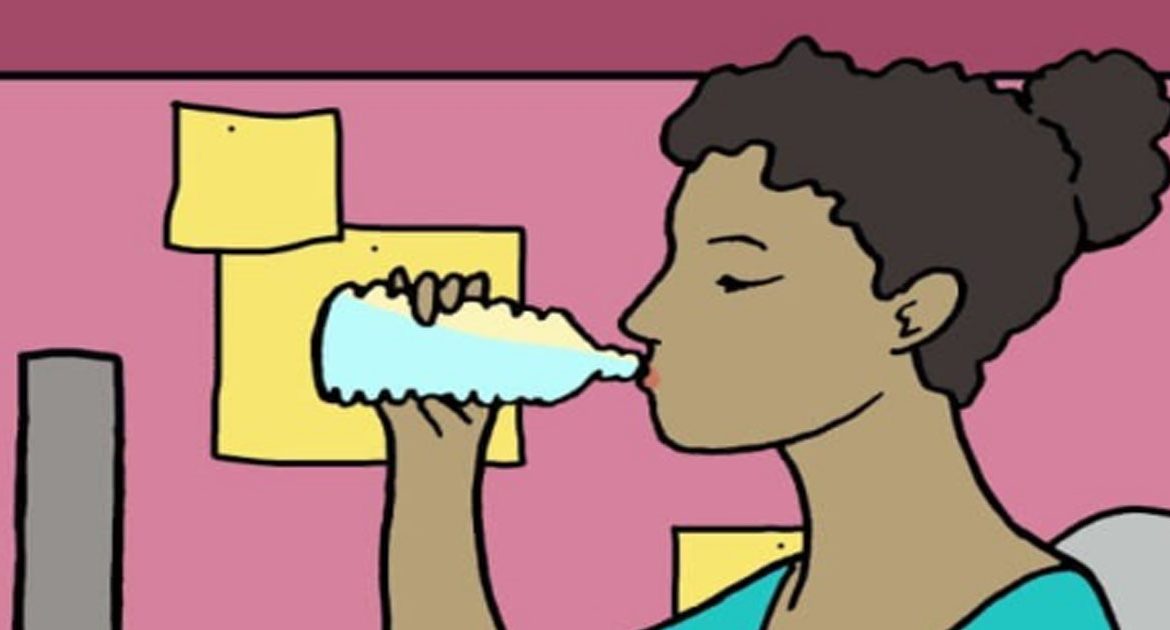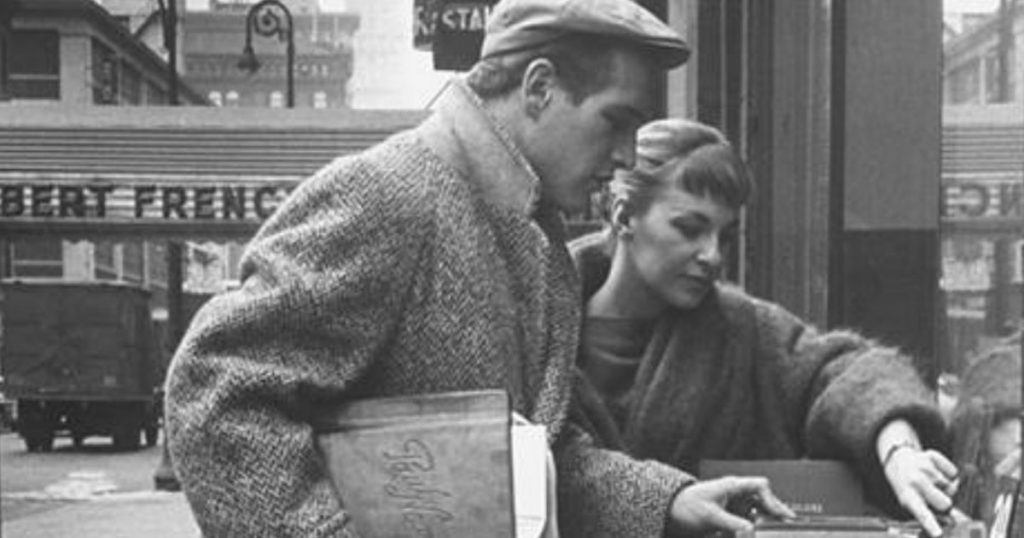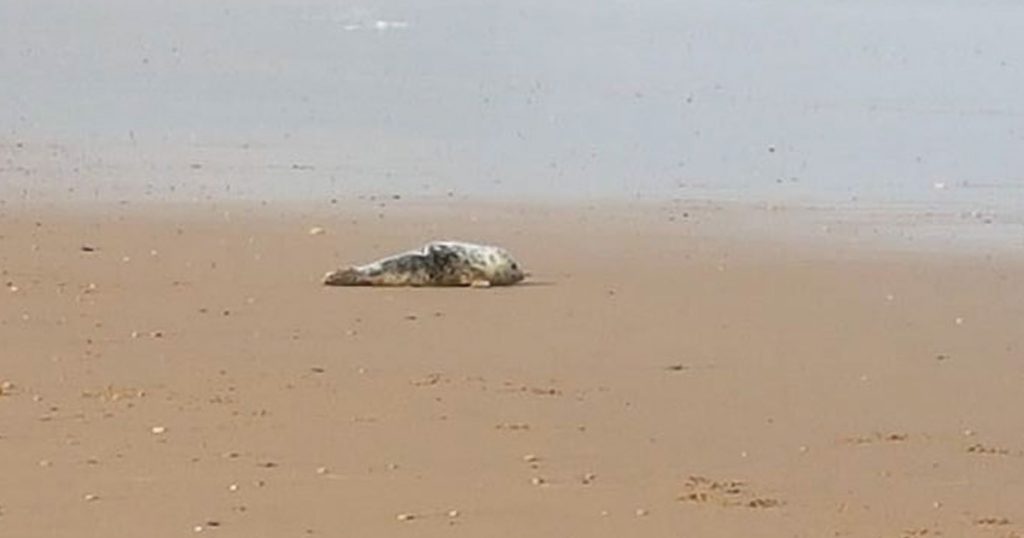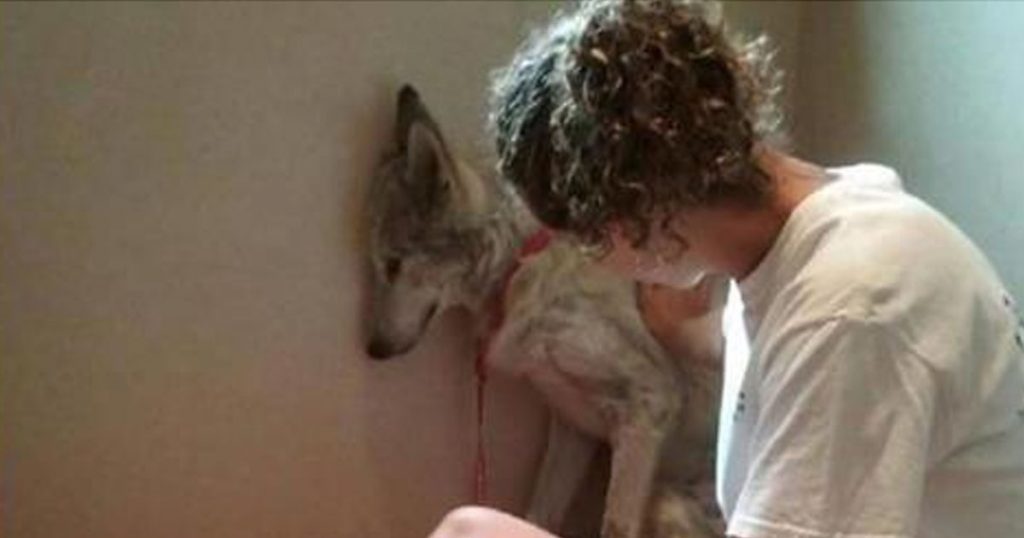For most people, going to the bathroom is uneventful — it’s just an average part of daily life. We usually don’t think twice about having to pee, but once in a while that changes.
If you have kidney stones, going to the bathroom can be an excruciating experience. Kidney stones can cause pain, discomfort, and a variety of other symptoms.
Kidney stones, which are urinary tract disorders, are actually pretty common. The stones are typically made of calcium deposits, but there are other types as well.
Calcium stones, which make up 80 percent of kidney stones, often form when people have too much calcium in their urine.
The other types of stones, which make up the other 20 percent, are uric acid stones, cystine stones, and struvite/infection stones.
To learn more about what causes kidney stones, what the signs and symptoms of kidney stones are, how to pass them, and how to prevent these painful, uncomfortable stones, continue reading!
What Are Kidney Stones?
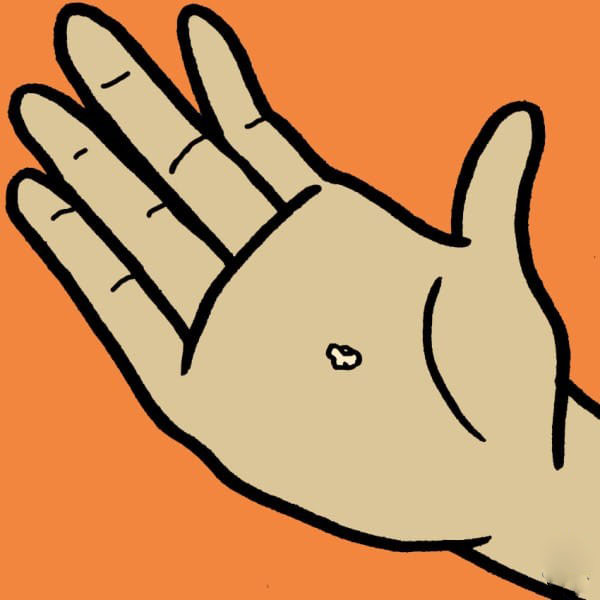
Kidney stones are small stones that form inside your kidneys.
The Mayo Clinic explains that they are hard mineral deposits that can cause severe pain and discomfort, but they don’t leave any lasting damage.
Some people can deal with kidney stones by drinking a lot of water and waiting for them to pass through the urinary tract, while other people may need surgery, depending on the severity of the case.
How Do Kidney Stones Form?
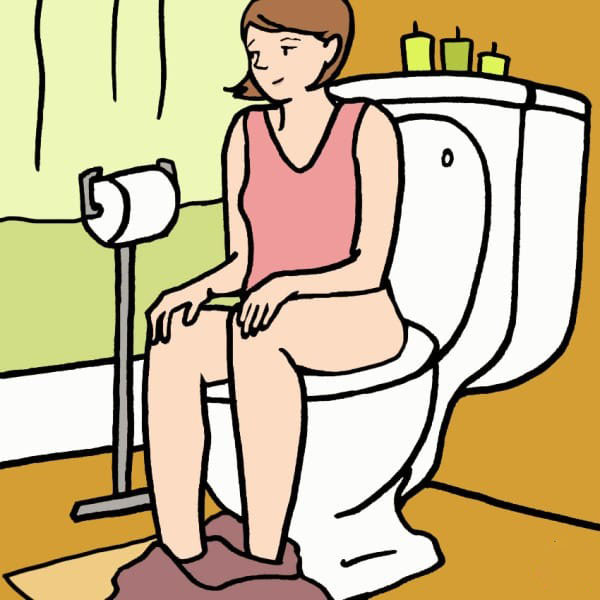
Everyone’s urine contains a variety of salts and dissolved minerals. If you have high levels of these salts and minerals in your urine, you can form kidney stones.
Although they may start small, kidney stones can grow larger.
The Urology Care Foundation explains that some stones stay in the kidneys, while others dislodge and travel between the kidney and the bladder — through the ureter.
Some kidney stones even make it through the bladder and pass out of the body, through urine. But others get stuck in the ureter, causing pain and blocking urine flow.
Kidney Stone Symptoms
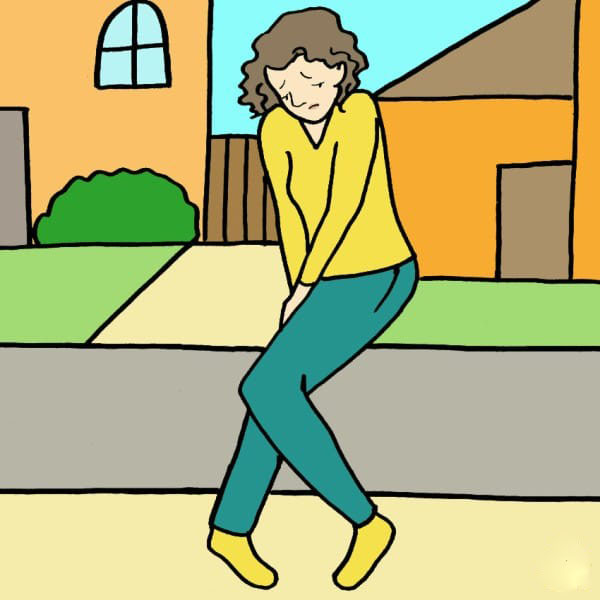
Kidney stones have a variety of symptoms, but as the Urology Care Foundation explains, stones that remain in the kidneys usually do not cause any symptoms and can go undiagnosed.
Similarly, some people may pass tiny kidney stones without ever knowing they were there.
Unfortunately, many people with kidney stones experience severe symptoms — if the stone gets caught in the ureter, it can cause the bladder to swell.
Symptom #1: Abdominal/Back Pain
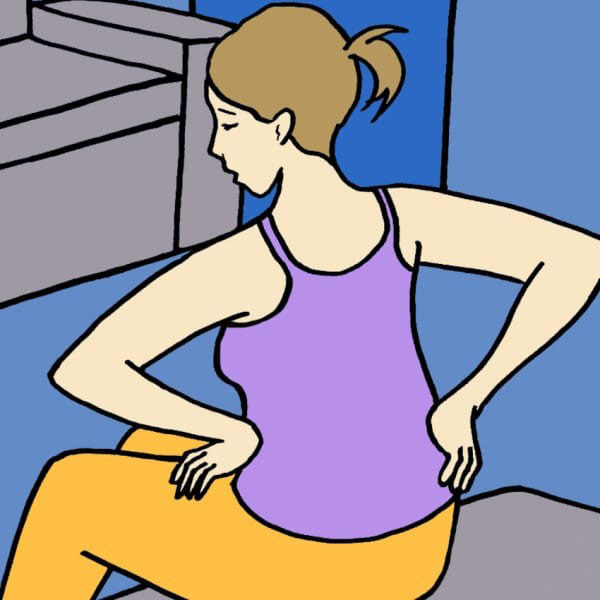
According to HealthLine, a common symptom of kidney stones is a sharp lower-back pain. Often, the pain hits abruptly, then lingers for a while and becomes more intense.
The pain usually feels like a sharp cramping in the back and side, but it sometimes moves to the groin or abdomen.
Some women say that the pain is actually worse than childbirth. Normally the pain comes in waves as the body tries to expel the stone.
Symptom #2: Changes In Urination
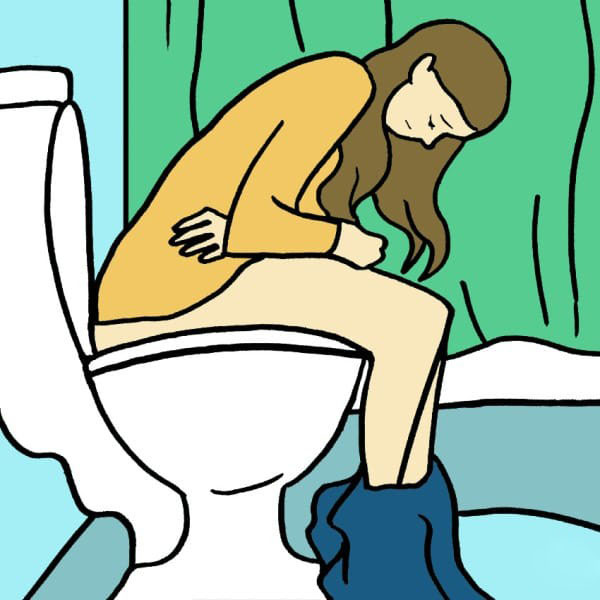
If you have kidney stones, you might also notice some changes in your urination patterns.
The Mayo Clinic explains that some of the changes in urination may include:
urinating more often than usual
feeling like you constantly need to urinate
urinating only small amounts of urine
pain or a burning sensation when you urinate
Symptom #3: Urine Color Change
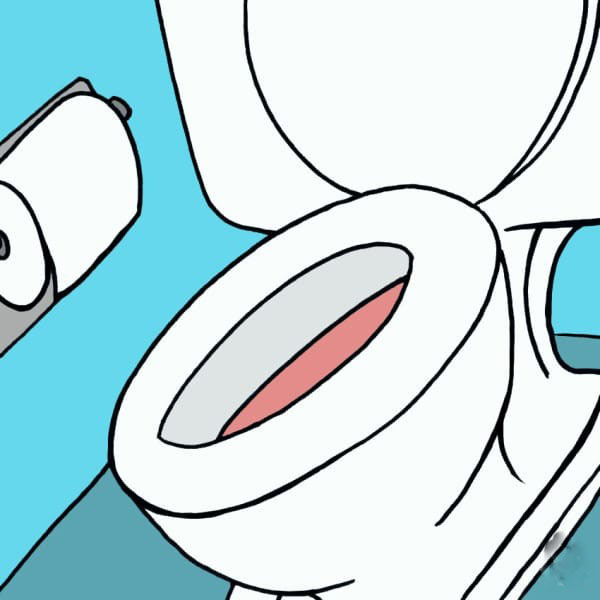
In addition to noticing some changes in your frequency of urination or experience while urinating, kidney stones may also cause changes in the color of your urine.
Urine that is pink, red, brown, or cloudy may also signify a kidney stone, according to HealthLine.
A urine color change may also be accompanied by a strange smell.
Symptom #4: Nausea And Vomiting
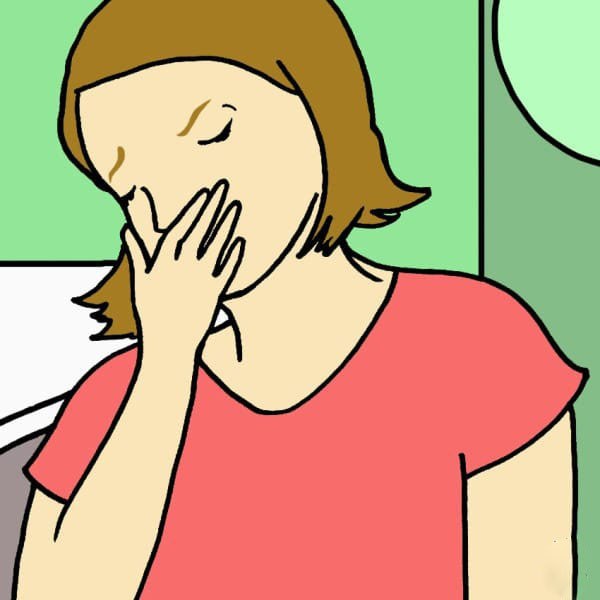
Another symptom of kidney stones is severe stomach discomfort, including nausea and vomiting.
Because these symptoms are more severe, you should seek immediate medical attention, especially if your nausea and vomiting are accompanied by other kidney stone symptoms.
Symptom #5: Fever And Chills
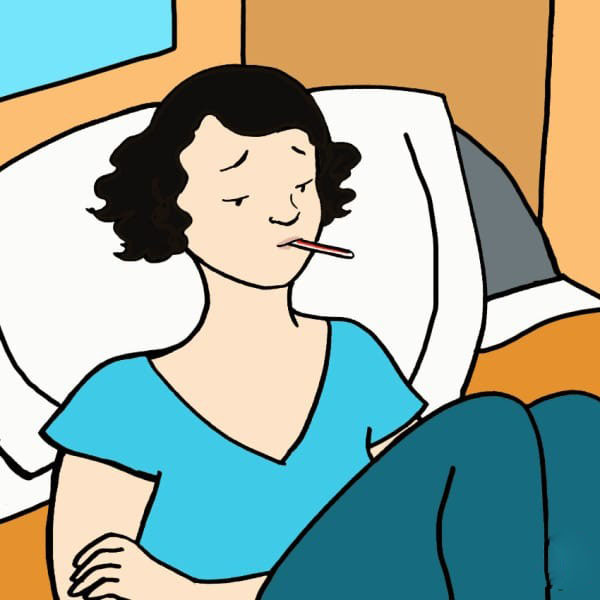
Sometimes, kidney stones may also cause fever and chills. If you have other kidney stone symptoms with a fever or chills, you should seek immediate medical care.
If you do have kidney stones, your doctor may do some blood tests or urine tests to confirm your diagnosis. They may also take CT scans or X-rays.
What Causes Kidney Stones?
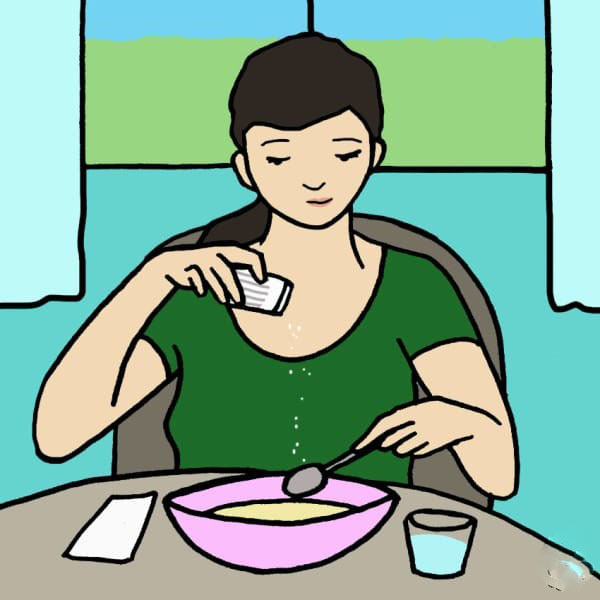
Kidney stones can be caused by a variety of things — as previously explained, they’re made out of calcified minerals in the urine.
According to the Urology Care Foundation, kidney stones can be caused by low urine volume (which makes it more concentrated), certain bowel conditions (like Crohn’s disease), certain medications or supplements, obesity, family history, and diet.
If you can’t pass your kidney stones naturally, your doctor may recommend medication, shock wave therapy, or even surgery.
How To Prevent Kidney Stones
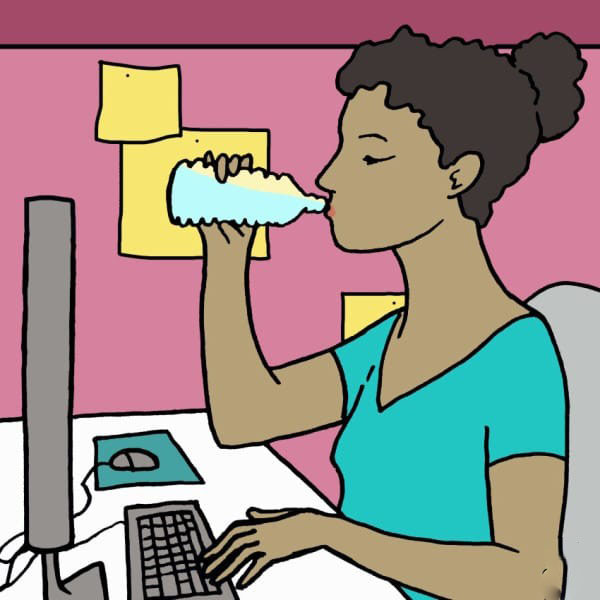
There are some very simple ways to help prevent kidney stones. One of the most important things you can do is drink enough fluid every day, especially if you’ve ever had kidney stones before.
Another way to avoid getting kidney stones is to reduce the amount of salt in your diet. Additionally, you should eat the recommended amount of calcium, eat lots of fruits and veggies, and eat less meat.
Your doctor may also recommend that you stop taking certain medications, vitamins, or supplements.
As always, if you think you have kidney stones, talk to your doctor — and if you have any severe symptoms, seek immediate medical attention.
If you think everyone should know the signs and symptoms of kidney stones, please Liked Video this article with your friends and family!
